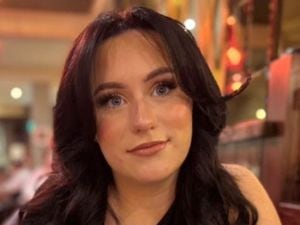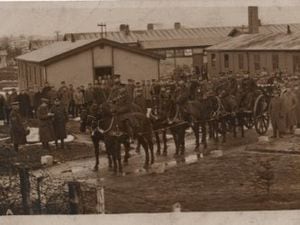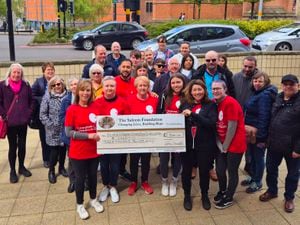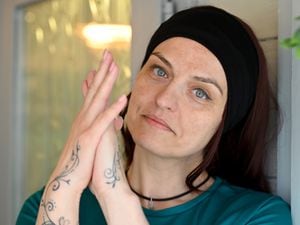Service wins international award for developing teenager’s speech
A service which transformed a Wolverhampton teenager’s life by diagnosing a language disorder and developing her speech has been recognised with an international award.
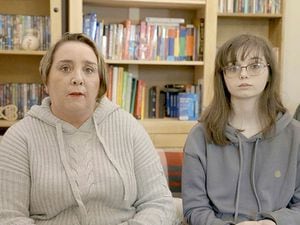
Wolverhampton Children’s Speech and Language Therapy (SLT) Service, based at The Gem Centre in Wednesfield, has won a certificate from Raising Awareness of Developmental Language Disorder (RADLD), for treating 16-year-old Molly Price, who struggled to express herself for many years before being diagnosed at the age of 15.
RADLD is coordinated by a volunteer committee of professionals from Australia, Canada, China, the UK and United States who give up their time to raise awareness of Developmental Language Disorder (DLD).
DLD occurs when children fail to acquire their own language for no obvious reason. This results in difficulty understanding what people say to them, and they struggle to articulate their ideas and feelings.
Recent research has shown that, on average, two children in every class of 30 will experience DLD severe enough to hinder academic progress.
The condition can be missed, misdiagnosed or misinterpreted as poor behaviour, poor listening or inattention. But it affects a child’s ability to learn at school and can be linked with dyslexia.
Molly, 16, from Pendeford, said: “Before I was diagnosed, I couldn’t understand things or find the right words. In my brain it felt like all the words were jumbled up. I couldn’t understand or explain what it’s like. I used to have really bad shyness and anxiety too and not interact with anyone.”
The Royal Wolverhampton NHS Trust runs the SLT service.
Jessica Shiner, specialist speech and language therapist, said: “We want to share Molly’s story because DLD often goes unnoticed. It’s more common than autism, yet no one really knows what it is.
“Once a child or adult has been referred to us, we can do really thorough assessments with them and put the right support in place, which might be therapy and specific strategies to identify the individual’s needs as soon as possible.
“DLD can affect different people in different ways but you have difficulty understanding what people say to you, or significant difficulties talking, and you might struggle to follow instructions or stories.
“In lessons, pupils might appear as though they’re not listening, when really they are, but it’s just hard for them to remember what someone has said to them.”
Molly added: “Jessica was super sweet and she showed me a word-finding tool which helped me understand the word I was searching for.”
Molly’s mum, Elaine, said having her diagnosed with DLD had been a big weight lifted off their shoulders.
"I tried to get her diagnosed since primary school but I was told she didn’t fit any criteria," she said.
“Then when we were being assessed for education, health and care plans, we were referred to speech and language therapy, and Jessica diagnosed her with DLD immediately, so huge thanks to her – she’s been incredible.
“I’d never heard of DLD, but as soon as I looked it up and we watched videos together, it was like a lightbulb moment.
“Before this intervention, Molly struggled to talk and she always used to ask me to talk for her, but since then, she feels she’s able to achieve her goals.”
Molly, who also has hypermobility, chronic obstructive pulmonary disease, arthritis, cataracts and a rare form of asthma, is now looking forward to the rest of her life able to communicate fully and with confidence.
She is currently doing media studies at City of Wolverhampton College, where she receives one-to-one support, and wants to be a photographer.


